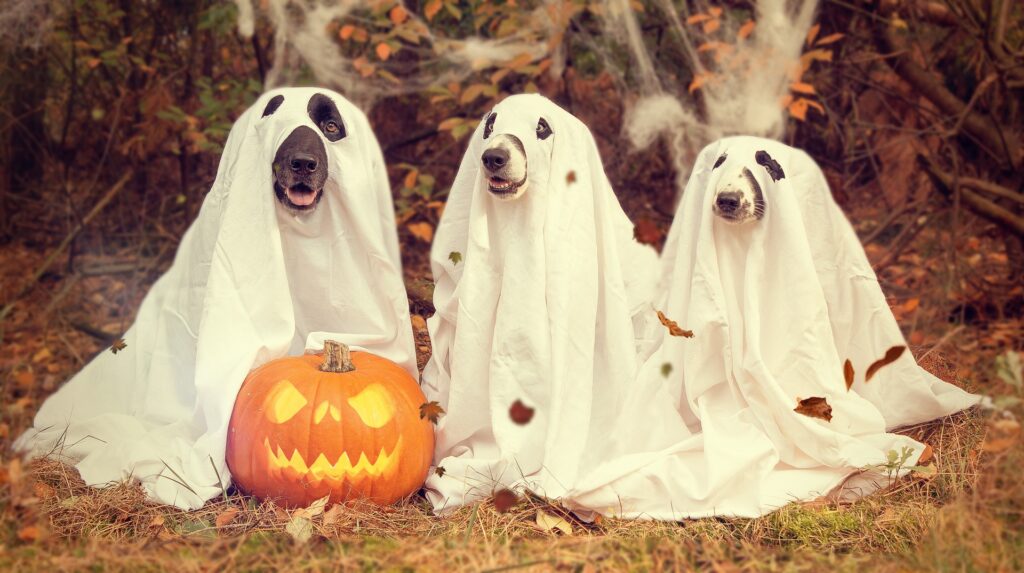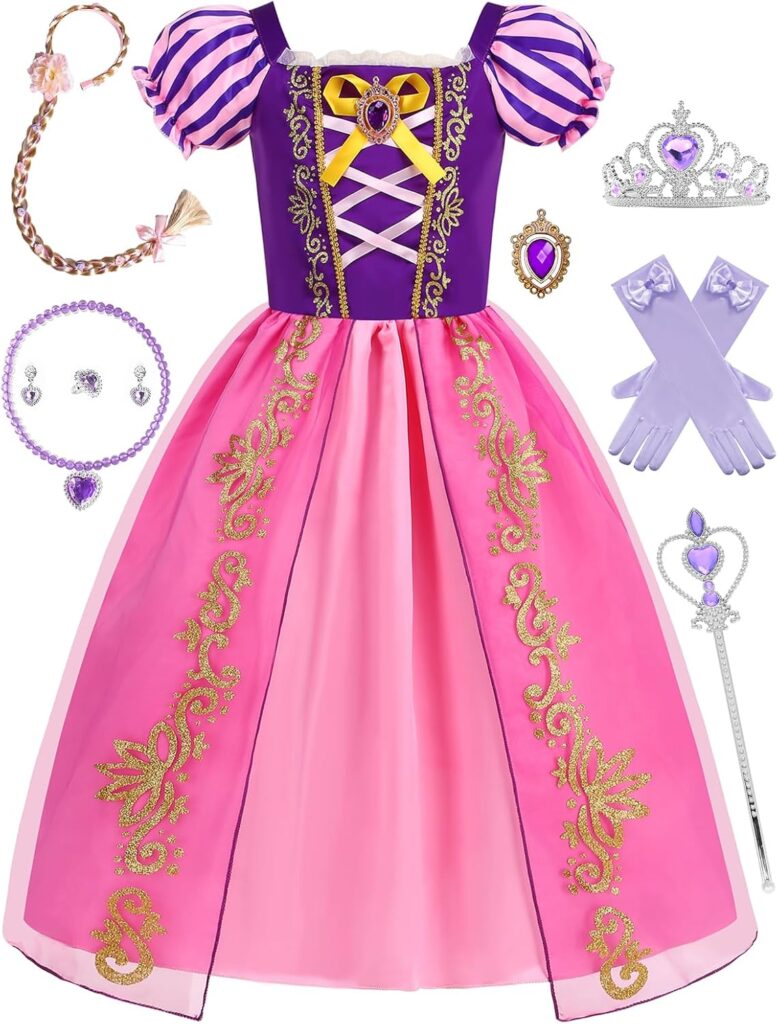Should Christians Celebrate Halloween

Is Halloween Pagan or Christian?
I know this is a little late, but I’ve been thinking about this a lot lately, especially after seeing my two young grandchildren in their Halloween costumes. And BTW – they were adorable. So the question is: Should Christians Celebrate Halloween and Is Halloween Pagan or Christian?
Halloween has roots in both pagan and Christian traditions, blending elements from ancient Celtic festivals and Christian observances.
In a historical sense, Halloween is a hybrid holiday with both pagan and Christian roots. Modern Halloween doesn’t strictly align with religious practices from either origin and is often seen as a secular holiday. However, some people still view it as a spiritual time to remember the dead, while others see it as an opportunity for community, creativity, and enjoyment.
Is Halloween Pagan or Christian
- Pagan Origins: Samhain
Halloween is thought to have originated with the ancient Celtic festival of Samhain (pronounced “sow-in”), which was celebrated around October 31. Samhain marked the end of the harvest season and the beginning of winter. The Celts believed that on this night, the veil between the living and the dead was thin, allowing spirits to cross over. To ward off harmful spirits, people lit bonfires, wore costumes, and made offerings. They also believed that wearing masks would help them avoid being recognized by wandering spirits. Some Halloween customs, like dressing up, stem from these ancient Celtic practices. - Christian Influence: All Saints’ Day and All Souls’ Day. In the 8th century, Pope Gregory III moved All Saints’ Day, a Christian holiday honoring saints and martyrs, to November 1. This was later followed by All Souls’ Day on November 2, a day to pray for the faithful departed. The evening before All Saints’ Day became known as All Hallows’ Eve, which eventually morphed into “Halloween.” Many Halloween traditions, such as honoring the dead and praying for souls, were influenced by Christian beliefs around these holy days.
Should Christians Celebrate Halloween


Modern Halloween: Halloween as it’s celebrated today is a mix of these influences, combining Samhain’s superstitions and festive customs with Christian observances. The traditions of dressing up, trick-or-treating, and carving pumpkins emerged in the United States in the late 19th and early 20th centuries, where Halloween was largely secularized and transformed into a community-centered holiday focused on costumes and fun.
Rethinking Halloween
“As Christians, why are we here in this world? Are we here to live in a safe, protected environment, guarded against the evils of the world, or are we called to reach out to a world filled with dangers and be the light of Christ? And how do we reach out to unbelievers in a way that will attract them to faith in Jesus Christ?
Halloween brings people of the world to our doorsteps. Halloween brings our neighbors out into the streets. The holiday is a great opportunity to develop new relationships and share our faith. Is it possible that our negativity toward Halloween only alienates the people we seek to reach? Can we be in the world, but not of the world?
In light of Scripture, consider carefully the appropriateness of judging another Christian for observing Halloween. We do not know why another person participates in the holiday or why they do not. We cannot accurately judge the motivations and intentions of another person’s heart.
Is it possible that there is no right or wrong answer to the Halloween dilemma? Perhaps the appropriate Christian response to Halloween is to study the matter for ourselves and follow the convictions of our own hearts. Let others do the same without condemnation from us.”
AMEN BROTHERS & SISTERS.
You must be logged in to post a comment.